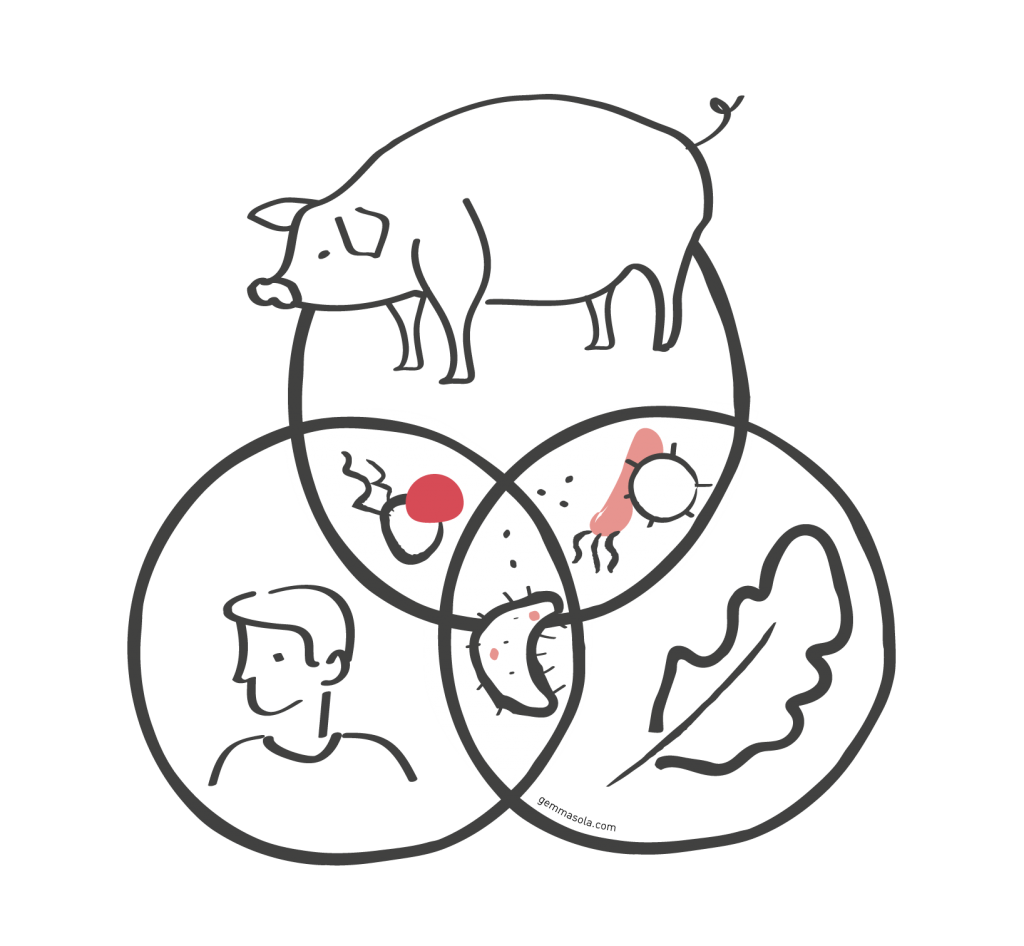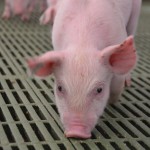Antimicrobial Resistance Awareness Week 2024 / VIII – Campylobacter

Antibiotic resistance is a growing global health issue as it reduces the effectiveness and number of available treatments for bacterial infections, compromising public health. At IRTA-CReSA, we study zoonotic bacteria such as Campylobacter, especially Campylobacter jejuni and Campylobacter coli, which are the main causative agents of foodborne gastroenteritis. The primary source of infection stems from improper handling or consumption of poultry meat contaminated with these bacteria. An additional concern is that most C. jejuni and C. coli are antibiotic-resistant. Our research focuses on increasing the understanding of how Campylobacter colonizes broiler chickens to design effective control measures at farms, thereby reducing the presence of these bacteria in poultry and the final product reaching consumers. We also investigate antibiotic resistance in Campylobacter strains isolated from broiler chickens to assess the potential risk to consumers.
In the same context of antibiotic resistance, there is a pressing need to develop new alternatives to these compounds. One of the most promising classes of molecules is antimicrobial peptides. For this reason, we are working with a synthetic peptide that has demonstrated activity against a broad range of human pathogenic bacteria, although its activity against animal pathogens has not yet been explored. Consequently, we are focusing on testing this peptide against respiratory pathogenic bacteria in pigs and intestinal pathogenic bacteria in poultry. Additionally, we study the impact of this antimicrobial compound on the host’s commensal microbiota.















